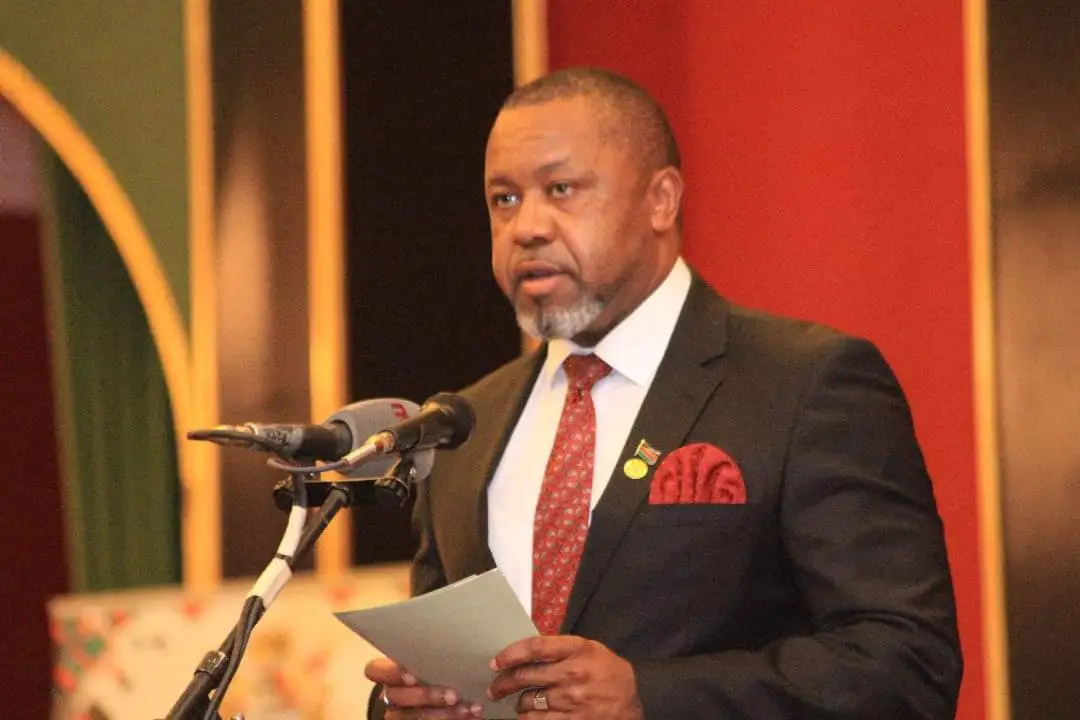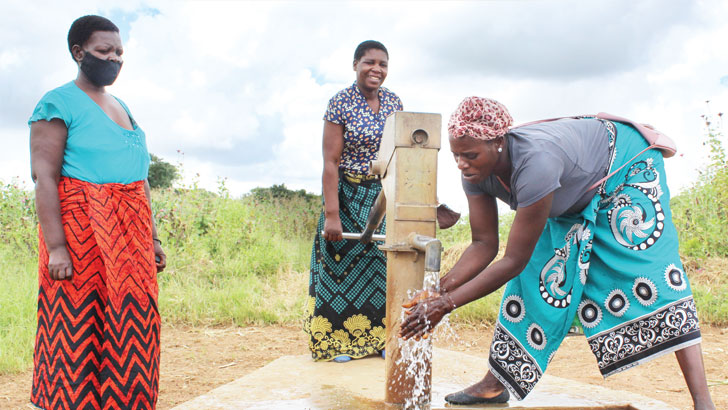Government restricts vehicle, house sales

Malawi Government has placed stringent measures on the selling of land, houses and motor vehicles in the wake of Capital Hill massive looting of public funds.
Justice and Constitutional Affairs Minister Fahad Assani told the Weekend Nation this week that government has issued a general order that no change of ownership of motor vehicles, houses and plots be made involving civil servants.
He said such change of ownership among civil servants, members of their families and those in private sector can only be made upon thorough scrutiny.
Communication, according to Assani, has since been issued to government departments including the Road Traffic Directorate, the Ministry of Lands and Housing and city councils, informing them of the order.
Assani said the order is general but targets civil servants, members of their families and those in the private sector who have property on the red line that cannot change hands.
“It will be on case by case. This property on red line can only exchange hands after thorough scrutiny after establishing that it was not realised from money looted from Capital Hill,” Assani said.
The minister said it is government’s interest to recover money stolen from the public purse and it is a known fact that most civil servants linked to the pilferage of public funds invested their money in houses and motor vehicles.
But some citizens have already complained the order has interfered with their business transactions as it is taking long to process sale of property such as motor vehicles.
Consumers Association of Malawi (Cama) executive director John Kapito has warned government not to be a jury and judge, praying that the order would not unnecessarily disrupt genuine business transactions.
Kapito said the order is problematic, especially where it is not known when it would be lifted.
“There are civil servants that acquired property through legal means and they want to sell that property, maybe to pay bank loans or just for business as they find it appropriate time to make money, but they can be inconvenienced,” he said.
Meanwhile, the Public Affairs Committee (PAC) is considering an all-inclusive conference to allow various stakeholders to discuss the cash-gate.
“We realise that the government has briefed various sectors on these developments. But as PAC, we believe in creating a broad-based debate on fundamental issues where we feel that a certain threshold has been passed by authorities.
“The conference will be a constructive one to allow key opinion leaders to determine their position,” PAC executive director Robert Phiri said in an interview this week.
Phiri said PAC recognises that Malawi is in a big crisis and that the conference would also help to reflect on moral standards of society.
“PAC is compelled to provide an opportunity to stakeholders to demand what they want to demand in constructive fashion. The conference will not be business as usual, but will try to clearly define our agenda,” he said, adding date of the conference is yet to be set.






I dont think the order was made in good faith. Why cant Assani recover the cars bought by Lutepo whch are in PPs hands? Maybe the donors will not see through your bluffs and will swallow the bait.
Honestly am sick and tired of this government. The buses that were bought through ministry of Tourism were they for Civil Servants?.Those involved in the shooting are they civil servants? Uladi Mussa, Brown Mpinganjira had no houses and they have just bought one during this cashgate era. Iwowo ndiye simuwalanda?Inu kwanu kwatha
LILONGWE (Malawi Democrat)- The European Union (EU) has imposed a travel ban on Malawi’s President Joyce Banda. This follows reports of high levels of corruption, fraud and looting of donors’ and taxpayers’ money spearheaded by the President herself. Family, friends and close business associates to the Malawi leadership that have benefited from the theft are being protected by President Joyce Banda herself.
The EU’s ban is in reaction to a damming report by one of Malawi’s corruption fighters and legal practitioner, Z Allan Ntata. Ntata, a former advisor to Malawi late President Bingu wa Mutharika is currently based in the United Kingdom. He released the indepth report that has revealed all the unanswered questions that have shocked the southern African country and its international partners.
Ntata sent the report the EU headquarters in Brussels and other key European countries that have not hastated but crack a whip on the Malawi leadership.
As part of its tough stance this week, the EU stopped President Joyce Banda from traveling to Europe. She was due in Brussels for official engagements.
Meanwhile, reacting with anger and fury to the damning corruption report that has exposed Malawi’s mafia bosses to the entire world, President Joyce Banda has assembled a team of slanderers to deal with Z Allan Ntata.
The team that has been given a budget of MK25 million is being led by President Joyce Banda’s Special Advisor, Reverend Malani Ntonga.
As part of their plans, the team plans to embark on a smear campaign against the London-based barrister in a bid to discredit his future reports as he is now considered a big threat to the survival of the Joyce Banda regime.
Until the publication of “License to Loot”, Banda had been a beacon of hope and a darling to the West but that is no longer the case. Last week, two Bretton Woods institutions, the World Bank and IMF and other key partiners including the US, UK and allies announced freezing of all budgetary support to Malawi. 40 percent of Malawi’s national budget comes from donors.
Now tables have been turned by a vivid account of thieving activities at the government heartbeat, Capital Hill to the effect that Mrs Banda is now being considered the most powerful thief in the world.
What is scaring Banda is the fact that more and more disclosures are now forth coming.